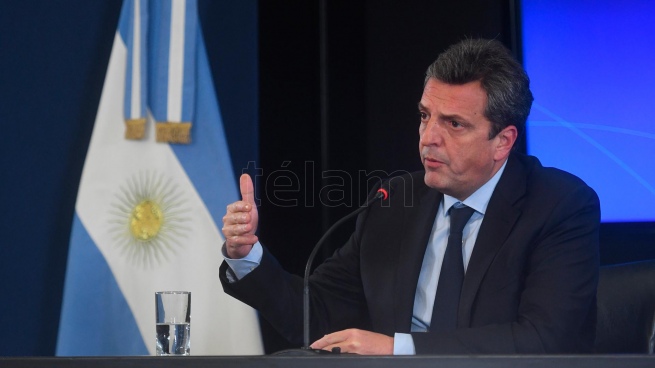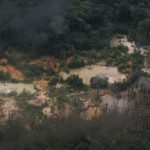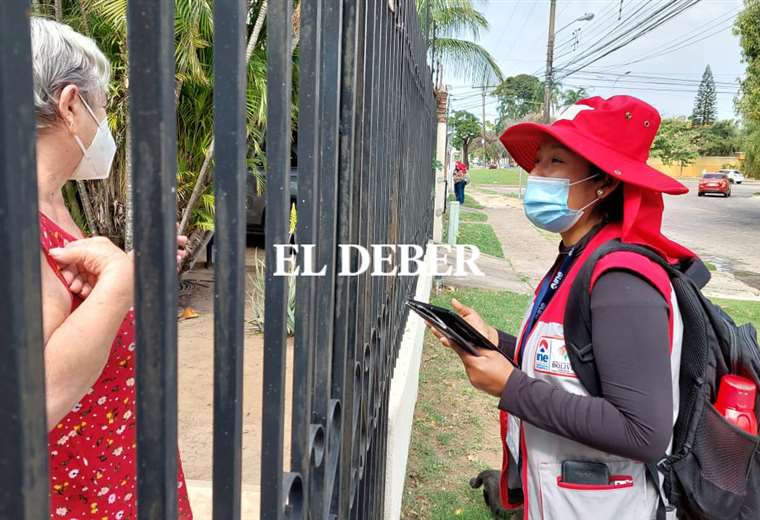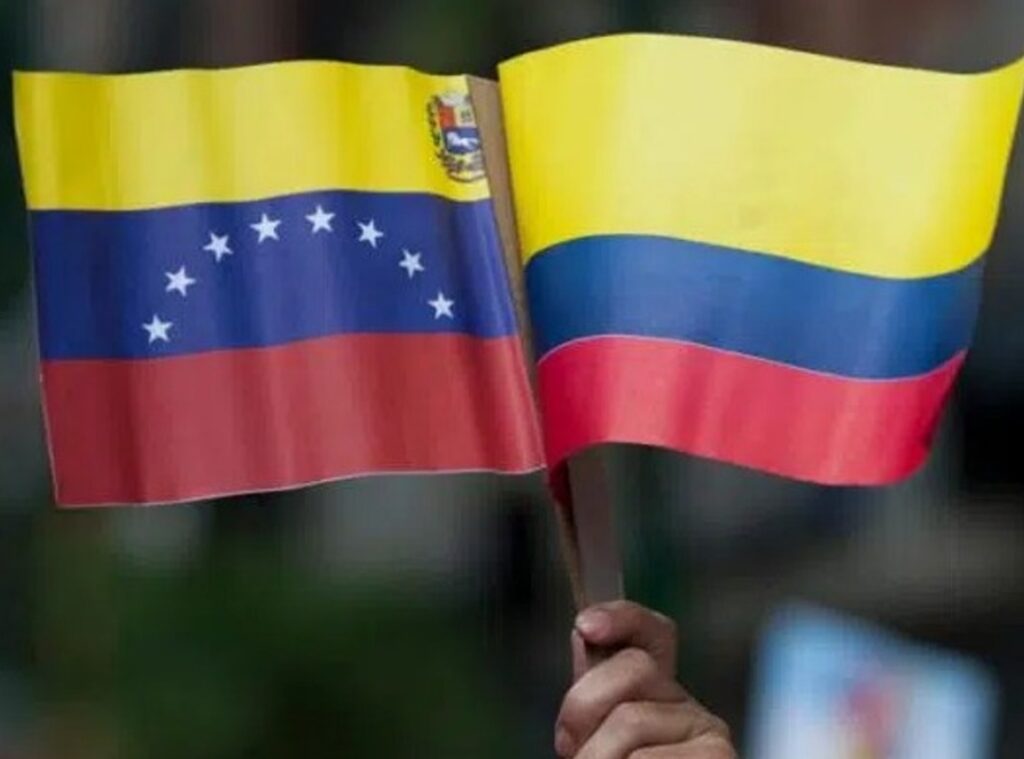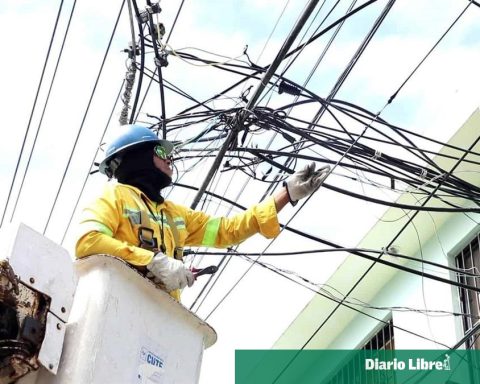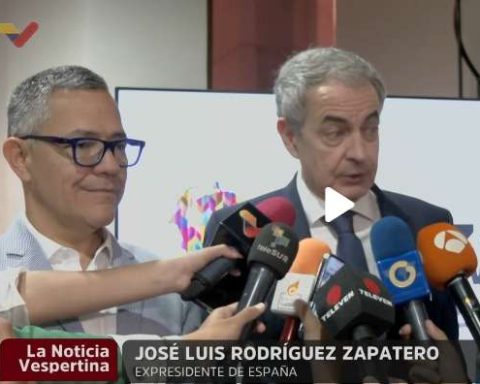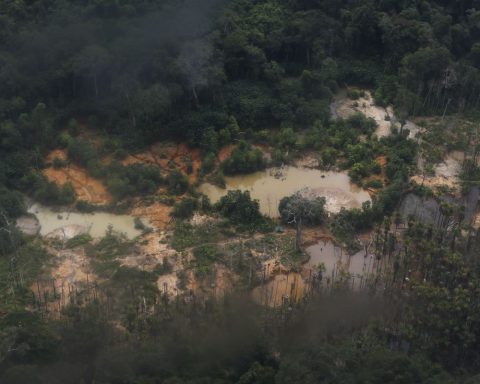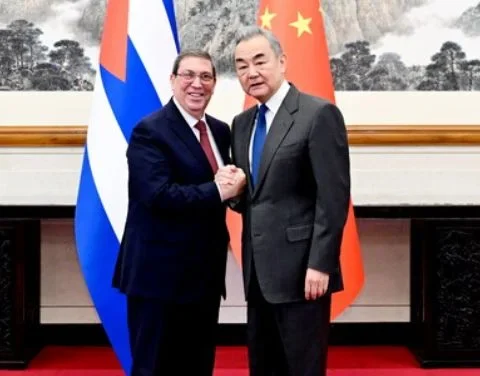Nine days after taking office, the Minister of Economy, Sergio Massa, began to give signs of management in pursuit of compliance with the agreement with the International Monetary Fund (IMF), prior to his visit to Washington DC to meet with the head of the multilateral organization, Kristalina Georgieva.
In this sense, the recent debt swap managed to clear the maturities of the next 90 days, helping to avoid the temptation to resort to financing with the Central Bank; while the reserves began to stop their fall, an intra-government management focus was observed with the aim of not leaving the goal of 2.5% of GDP, and negotiations with rural exporters were accelerated to capture at least the 1,000 million dollars declared by the sector to help overcome the situation, while incentives from the Central Bank and other measures are polished to promote liquidations.
On Friday, the first formal meeting of the Liaison Table and Sergio Massa as minister took place, and the head of the Treasury Palace took note of the requests from the sector
Although most of the announcements will have to be evaluated with the actions over time, the urgency in the reserves makes the declarations of the president of the Chamber of the Oil Industry of the Argentine Republic relevant and from the Cereal Export Center (Ciara-CEC), Gustavo Idígoras, who expressed last Wednesday in an official statement that “a priori it is estimated that the flow of the coming weeks could involve an amount close to a billion dollars; until assess the sales pace of the producers”.
On Friday, the first formal meeting of the Liaison Table and Sergio Massa as minister took place, and the head of the Treasury Palace took note of the sector’s requests.
It is a somewhat dispersed universe that involves 200,000 producersalthough this commitment, if materialized, may be the kick so that the initial truce of the market due to the change of minister can continue over time – the country risk remained no higher than 2,400 points and the financial and free dollars are listed below $300- and give way to a change in expectations.
In this context, the signs of support from the head of the Fund for the new official were also eloquent: Georgieva did not hide her expectation that Massa, who in the past helped to seat the opposition in order to obtain support for the agreement with the IMF and He has a good relationship with all the fronts of the coalition, and in this new role of Minister of Economy, he is also a key political player to help guarantee compliance with it.
Massa’s team and the Fund’s technical staff have already started working on the second revision of the program, with the exchange of numbers
“Receive my most sincere congratulations on your appointment as Minister of Economy of the Argentine Republic with greater responsibilities, including in the areas of production and agriculture,” said Kristalina Georgieva in her letter also released on Wednesday.
According to the head of the IMF, “her experience, including in the National Congress, can be vital in helping Argentina and its people face their most pressing economic and social challenges.”
In another order, he assured that “the IMF continues to be a committed partner in supporting Argentina’s efforts, especially at this important moment.”
The head of the IMF hoped to “deepen even more that relationship (which she had with her predecessors in office) to support the implementation of the economic program of his Government backed by the Fund’s extended financing agreement, which aims to safeguard economic stability and ensure sustainable and more equitable growth in Argentina”.
Massa’s team and the Fund’s technical staff have already started working on the second revision of the program, with the exchange of numbers; it should be approved by the board at the end of September, at the latest at the beginning of October, to trigger an income of 4,100 million dollars needed to pay debt to the IMF.
The Government affirms that it met the goals in the first semester – both in deficit and in assistance from the BCRA to the Treasuryas well as reserves-, so the focus of work will be on the continuity of the program, beyond the numbers achieved in the first semester.
On the other hand, this month the delayed credits from the organizations would begin to arrive, which is another of the IMF’s requests. The head of the IDB, Mauricio Claver-Carone, gave a twist in his speech after Massa’s appointment and it is expected that between 500 million and 800 million dollars will be unlocked shortly; while it is already on the agenda that CAF would make announcements between next Thursday and Friday in credits to the country for 750 million dollars.
Meanwhile, the Argentine ambassador to the US, Jorge Argüello came to Buenos Aires especially to finish designing the agenda that Massa will have in Washington and in New York with investors, investment banks, Treasury officials, the heads of the IDB, Claver-Carone, and the World Bank, David Malpass, and with the main advisor for Latin American Affairs, Juan González.

It is also found in the country Sergio Chodos, who had come to Argentina to plan Alberto Fernández’s agenda in Washington that was postponed until later due to the Covid-19 that affected President Biden.
Chodos has stayed in the country since then, collaborated with the meeting of the former Minister of Economy, Silvina Batakis, with Georgieva, and recently showed up at the offices of the Ministry of Economy near Massa in the same functions, in another gesture of the continuity of policies in pursuit of continuing with the goals of the agreement.
By case, The now head of Banco Nación, who announced a fiscal reorganization last month while he was in the US, accepted Massa’s request to accompany him on his international tour.
Another important figure in Massa’s network in the economic team is Leonardo Madcur, who last week focused on negotiating the debt swap between investors and banks, and is seen as an “all-rounder” who will surely make a great contribution to the negotiations with the IMF.
Madcur knows the entrails of the IMF, since he participated in the technical negotiations with the organization in the 2002 crisis and later finalized the 2003 agreement that Néstor Kirchner signed with the organization, and the debt restructuring with bondholders in 2005 when Roberto Lavagna was the Minister of Economy and Guillermo Nielsen his second.
